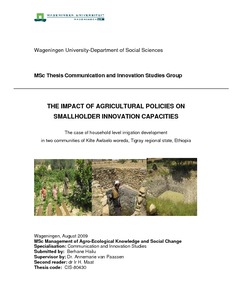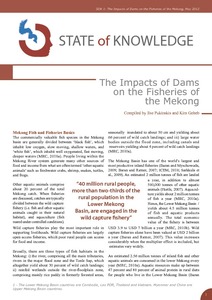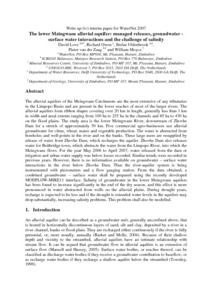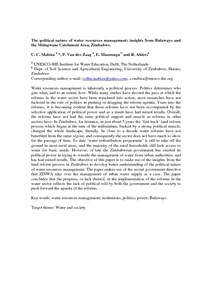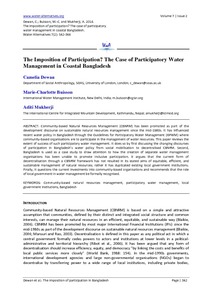The impact of agricultural policies on smallholder innovation capacities: the case of household level irrigation development in two communities of Kilte Awlaelo Woreda, Tigray Regional State, Ethiopia
Agricultural production in Ethiopia is characterised by subsistence orientation, low productivity, low level of technology and inputs, lack of infrastructures and market institutions, and extremely vulnerable to rainfall variability. It has a rapidly increasing population currently close to 74 million and yet about 39 percent of the population lives on absolute poverty of less than a $1 a day poverty line while close to 80 percent falls below US $2 a day poverty line.

